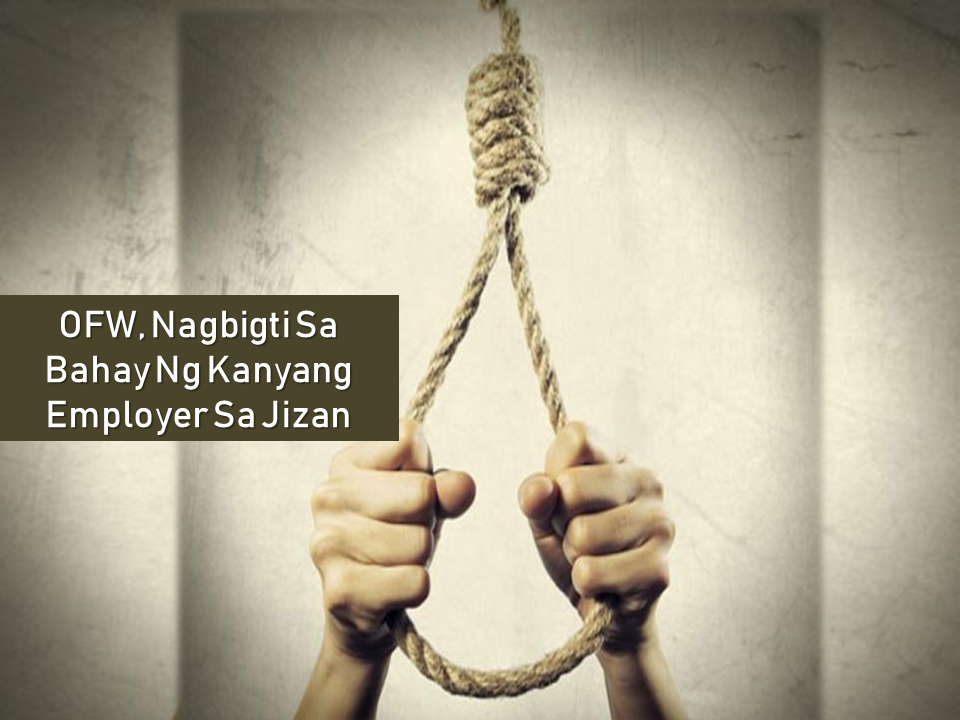An illicit affair brought a woman to a possible prosecution when her sponsors found out that she got pregnant with her boyfriend out of wedlock in Saudi Arabia. The overseas Filipino worker (OFW) who was working as a household service worker managed to conceal her pregnancy until she gave birth to her baby at her
sponsor's house. Adultery is a punishable offense under the Islamic Sharia Law.
Ads
Sponsored Links
A Filipina household service worker had an affair with a Pakistani driver whom she only knew on a social media site.
She is now facing possible adultery charges and jailed after she gave birth to her child.
She is now facing possible adultery charges and jailed after she gave birth to her child.
Dinah, (real name withheld) had a relationship to the Pakistani which resulted in pregnancy without the knowledge of her sponsors. They only discovered her pregnancy when their 8-year old kid saw the household worker delivering a baby inside a room in their house. In spite of shock, the sponsors managed to call an ambulance to assist the Filipina and bring her to the hospital.
During her pregnancy, Dinah wears big-sized clothes to conceal it to her sponsors.
The Philippine Consulate Assistance to National (ATN) coordinates with the local authorities and to her sponsors about the incident.
The Philippine Consulate Assistance to National (ATN) coordinates with the local authorities and to her sponsors about the incident.
The sponsors will not press charges against her, according to case officer Mary Anne Hipe. However, what she did was against the law and the police can still press adultery charges against her.
Dinah and her baby had already undergone a DNA test and are now under the custody of the consulate while waiting for the summon from the police to resolve her case.
Ads
In Islamic Sharia law, the punishment for adultery is imprisonment and 100 lashes. As the Qur'An states: “Strike the fornicatress and adulteress and the fornicator and adulterer on the body of each one of them with a hundred stripes. And let no feelings of pity for the two hold you from obedience to Allah (in executing His judgment), if you believe in Allah and the Last Day. And let a section of the believers be present (there at the time of the execution of) their punishment”. (24:2)
Being pregnant out of marriage is considered adultery and would receive the punishment for such. However, the punishment is given after the offender delivered her baby.
Filed under the category of illicit affair, Saudi Arabia, overseas Filipino worker (OFW), household service worker, Adultery , Islamic Sharia LawRead More:
Being pregnant out of marriage is considered adultery and would receive the punishment for such. However, the punishment is given after the offender delivered her baby.
Filed under the category of illicit affair, Saudi Arabia, overseas Filipino worker (OFW), household service worker, Adultery , Islamic Sharia LawRead More:
©2018 THOUGHTSKOTO







